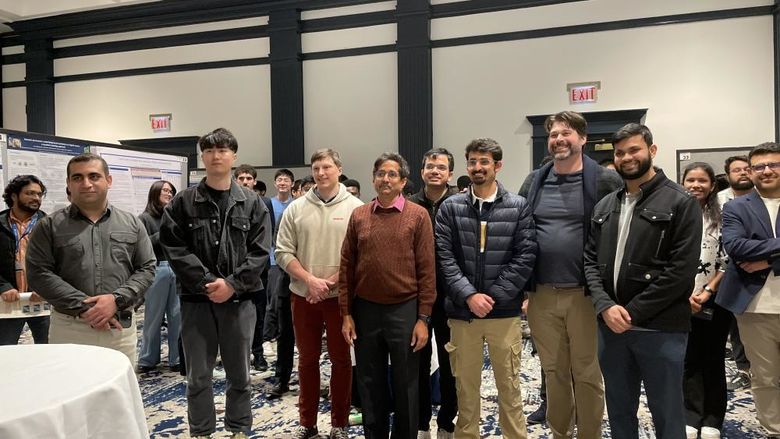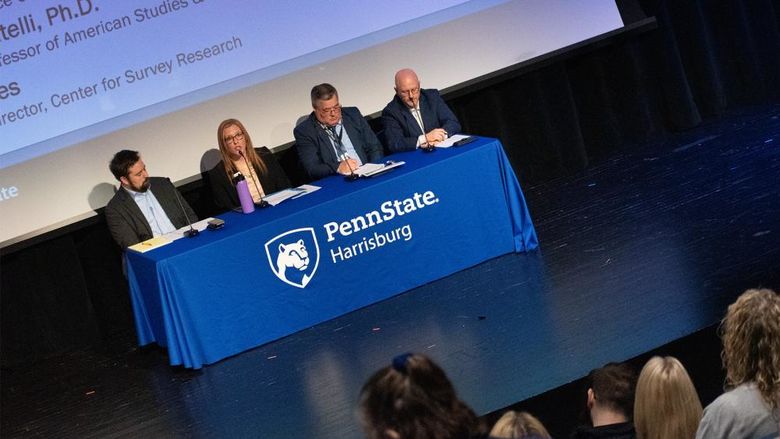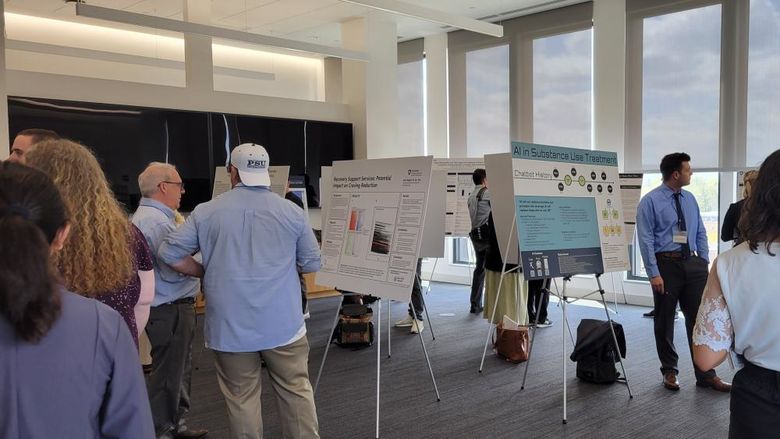
Shirley Clark, acting director of the School of Science Engineering and Technology at Penn State Harrisburg, and James Hunter, interim chair and associate professor of civil engineering at Morgan State University, will give the talk, “Challenges of Historic Urban Land Development and Soil Water Disturbance on Urban Stormwater Management."
UNIVERSITY PARK, Pa. — Shirley Clark, acting director of the School of Science Engineering and Technology at Penn State Harrisburg, and James Hunter, interim chair and associate professor of civil engineering at Morgan State University, will give the talk, “Challenges of Historic Urban Land Development and Soil Water Disturbance on Urban Stormwater Management,” at 4 p.m. on Monday, Feb. 12, in 112 Walker Building on the University Park campus. The talk also will be available via Zoom.
Clark and Hunter report that older urban areas have undergone multiple phases of development over the course of several hundred years and that urban development has resulted in the compaction of soil, which changed soil porosity and reduced the ability of water to infiltrate into the soil. Estimating the amount of runoff entering stormwater pipes and stormwater control measures requires models that can adequately capture the amount of rainfall that becomes runoff and the amount that infiltrates into the soil and does not enter the stormwater system.
In their talk, Clark and Hunter will discuss their research that combines field measures of compaction, long-term soil moisture sensing and stormwater runoff modeling in a demonstration watershed to improve understanding of the impacts of a compaction layer on infiltration and potential effects on flooding. The research highlights the vital importance of soil compaction in understanding the movement of stormwater in the urban environment.
The talk is part of the Earth and Environmental Systems Institute's spring 2024 EarthTalks series, “Urban Systems Science,” which is exploring complex urban systems, including interactions between tightly connected human and natural systems both within city boundaries and between cities and the surrounding rural environment. For more information about the spring 2024 series, visit the EarthTalks website.
Patricia Craig
Marketing and communications, Earth and Mineral Sciences




